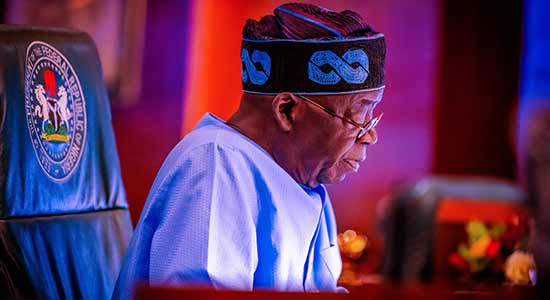Several northern political leaders and groups have voiced growing dissatisfaction with President Bola Tinubu’s administration, citing concerns about neglecting northern interests and marginalizing the politicians who supported his rise to power.
Critics argue that Tinubu has favored the Yoruba ethnic group in key government appointments, leaving northern representation sidelined. They highlight the concentration of crucial positions, such as the Petroleum Minister, Finance Minister, and Chief Justice of Nigeria, among the Yoruba, a situation they claim is unprecedented in Nigeria’s history.
The Northern Elders’ Forum (NEF), a prominent socio-political group, has expressed regret over supporting Tinubu in the 2023 elections. Professor Usman Yusuf, a member of NEF, criticized Tinubu’s leadership, describing it as leading to “deception, destitution, and hopelessness” in the North. He lamented the dire economic conditions and the widespread disillusionment among the northern populace.
The North-East Governors’ Forum has also raised concerns, particularly about the region’s neglect in infrastructure development and electricity provision. Governor Babagana Zulum of Borno State pointed out the lack of road and rail connections between the South-East and North-East as a major grievance.
Recent gatherings of northern political figures, including former Kaduna State Governor Nasir El-Rufai and NNPP’s Rabiu Kwankwaso, along with visits by former Vice President Atiku Abubakar to former President Muhammadu Buhari, have fueled speculation about a potential northern realignment ahead of the 2027 elections.
While Atiku’s visit was officially described as a Sallah homage, many analysts believe it signals strategic positioning for the next presidential race. The northern political establishment appears increasingly inclined to reconsider its support for Tinubu in 2027.
